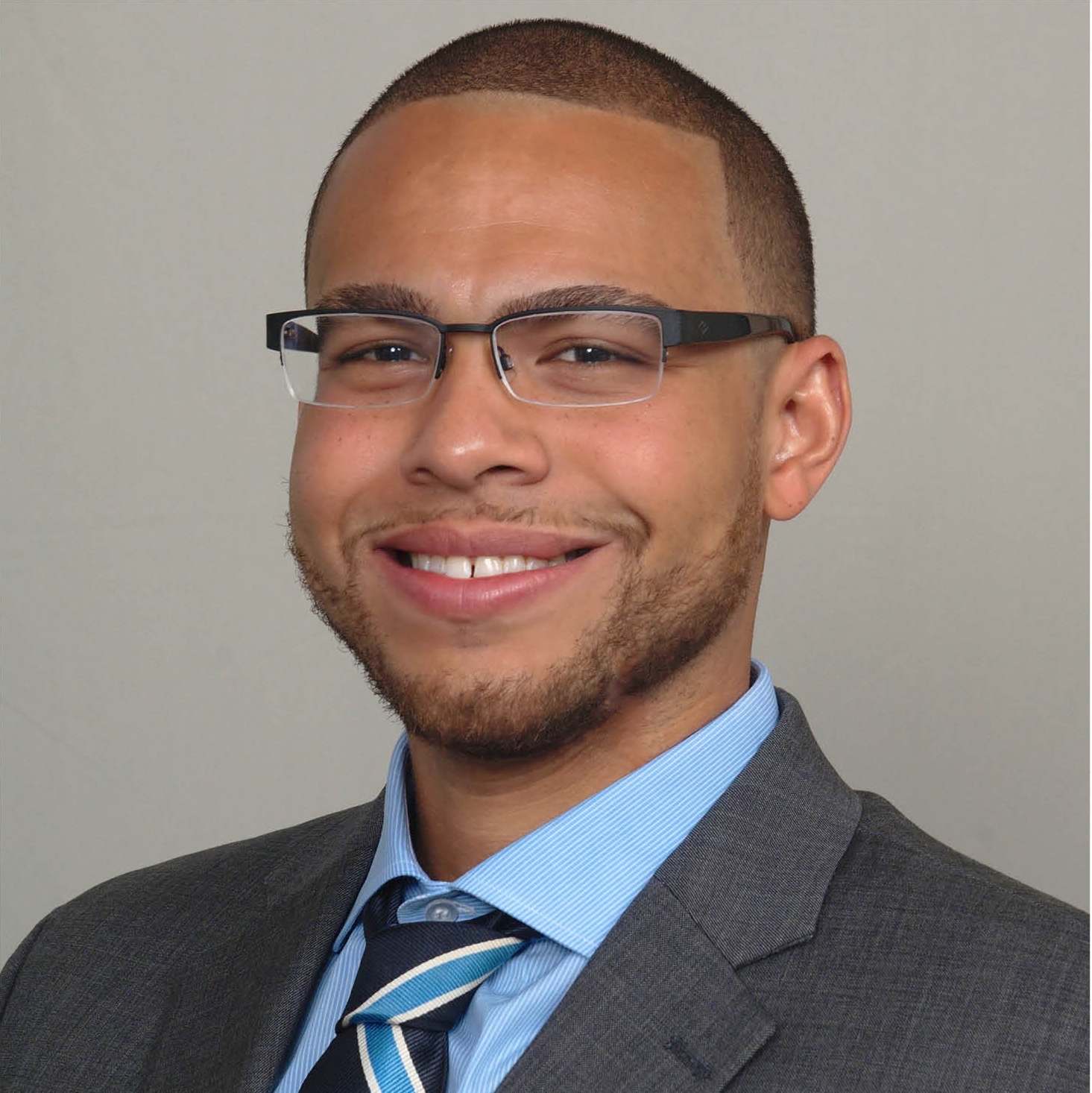AAFP Foundation’s Family Medicine Discovers
Exploring the Impact of Medical-Financial Partnerships in Family Medicine
Ayo Adesanya, MD, PhD, first became aware of the AAFP Foundation’s Family Medicine Discovers Rapid Cycle Scientific Discovery and Innovation (FMD RapSDI) program during his family medicine residency. Once he was post-residency and eligible for consideration, he began working on his grant application and in May 2023, Adesanya was named a FMD RapSDI Cycle 4 scholar.
Each year, two scholars are selected to receive up to $40,000 and mentorship from the AAFP Foundation and the DARTNet Institute to support a research project in family medicine. Family and Community Medicine physician-scientist at The Ohio State University (OSU) Wexner Medical Center, Adesanya proposed a study on the health impact and feasibility of medical-financial partnerships in family medicine.

His interest in the topic was sparked during his residency at OSU, after learning about a rural health study that was testing the effectiveness of financial coaching in the setting of opioid use disorder. This example of financial counseling in a medical setting inspired Adesanya to explore the effect financial coaching might have on cardiometabolic diseases within a family medicine context, realizing that poverty is associated with adverse cardiovascular outcomes and is also a barrier for people with cardiometabolic diseases to achieve the best possible health. With the training to care for whole families and patients throughout all life stages, family medicine seems best poised to integrate medical-financial partnerships into our practice.
For his FMD RapSDI project, Adesanya recruited 41 participants with high blood pressure and type 2 diabetes or prediabetes. They were seen in a family medicine clinic located in an area that is considered socioeconomically distressed. Participants were paired with financial coaches who advised them on issues that concerned them personally, such as budgeting, debt reduction, credit repair or taxes. A control group received financial education booklets.
Adesanya’s goals were to study the impact of financial coaching on blood pressure, blood sugars, mental health, and financial health and to gauge whether patients were receptive to the coaching. He’s now analyzing the collected data from the one-year project.
The Cycle 6 application window is currently open through January 16, 2025.
Family physicians interested in becoming FMD RapSDI scholars should take a thoughtful approach to the application process and budget ample time for each step, Adesanya said. His best advice is to narrow your focus on a tangible issue with measurable outcomes.
“Find a really specific problem relevant to our specialty and try to find an answer to it,” he said.
Adesanya lauded the application process for helping him develop and refine his project. In addition to valuable guidance from his OSU mentor, Randy Wexler, MD, MPH, Adesanya received essential support from the AAFP Foundation and DARTNet Institute.
“The second round of the application was critical to building the scientific rigor of the proposal,” he said, adding that having a full team of people to review and critique his work made the project much better overall.
The AAFP Foundation and DARTNet Institute offer assistance throughout all phases of a project, from recruitment to post-study statistical analysis to preparation of materials for presentation.